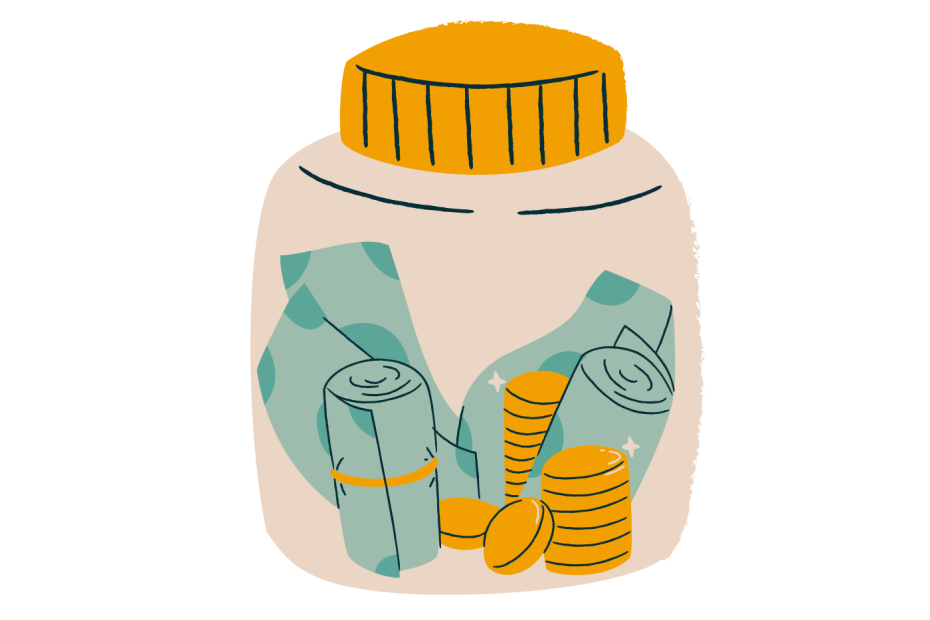In the world of Homeowners Associations (HOA), fiscal foresight is a cornerstone of community success. At the heart of this foresight lies the HOA reserve fund, a financial vehicle that is vital for both immediate and long-term planning. This fund serves as a communal piggy bank, ensuring that the HOA can afford to undertake essential repairs, replacements, and enhancements without undue financial hardship on its members. Let’s explore the intricacies of the reserve fund, its collection, and maintenance strategies in detail.
The Anatomy of an HOA Reserve Fund
An HOA reserve fund is akin to a community’s insurance policy against the inevitable wear and tear of shared spaces and facilities. It acts as a safeguard, accumulating financial resources for the replacement or major repair of common area components like swimming pools, sidewalks, roads, roofs, and HVAC systems.
Why a Reserve Fund is an HOA Linchpin
A well-endowed reserve fund is synonymous with a proactive and prepared community. The advantages of maintaining such a fund are multifaceted:
- Mitigating Financial Risk: It absorbs the shock of unexpected expenses, circumventing the need for sudden, substantial levies on homeowners.
- Enhancing Community Appeal: Consistent funding ensures amenities remain modern and functional, boosting the community’s appeal and residents’ quality of life.
- Long-Term Cost Savings: By planning and saving for future expenses, the community avoids the pitfalls of deferred maintenance, which often leads to more significant costs down the line.
- Attracting Informed Buyers: Savvy homebuyers often scrutinize an HOA’s financial health, including its reserve fund, before investing in the community.
The Mechanisms of Reserve Fund Collection
A robust reserve fund doesn’t happen by accident—it’s the result of strategic planning and disciplined execution:
- Percentage of HOA Fees: A predetermined percentage of regular HOA dues is earmarked for the reserve fund.
- Special Levies: For major, unforeseen expenditures that exceed the reserve, special levies may be imposed as a last resort.
- Interest Income: Prudently investing a portion of the reserve can generate income, contributing to its growth.
The Art of Reserve Fund Maintenance
Maintaining an adequate reserve balance is an ongoing endeavor:
- Regular Reserve Studies: Commissioning periodic reserve studies is non-negotiable. These studies provide a financial and physical analysis of the community’s assets, offering a blueprint for future funding needs.
- Funding Policy Development: Based on the reserve study, the HOA should establish a funding policy that dictates how the reserve will be funded to meet projected costs.
- Adjustment for Inflation and Changing Costs: The cost of labor and materials can change, necessitating adjustments in reserve funding to ensure that future costs can be met.
- Conservative Investment Strategy: The reserve fund should be invested conservatively to ensure it remains available and isn’t unduly exposed to market volatility.
- Transparent Reporting: Regular, transparent reporting to the community on the status of the reserve fund fosters trust and underscores the board’s commitment to financial responsibility.
Recharging a Depleted Reserve Fund
When depletion occurs, whether from unexpected large-scale repairs or cumulative minor expenses, the HOA must take immediate steps to recharge the reserve:
- Incremental Increases: Gradually increasing dues can help rebuild the fund without placing undue stress on homeowners.
- Temporary Special Assessments: While not ideal, special assessments may be necessary for immediate needs. Full disclosure of the reasons and a clear repayment plan are crucial.
- Operational Budget Reevaluation: A thorough audit of the operational budget may reveal areas where expenses can be reduced, freeing up funds for the reserve.
- Development of a Replenishment Strategy: A clear, documented strategy for replenishing the reserve fund is essential. This strategy should outline specific actions, responsible parties, and timelines.
Conclusion
The importance of an HOA reserve fund cannot be overstated. It is a critical element in ensuring the financial health and physical attractiveness of a community. A well-managed reserve fund not only cushions the community against unforeseen financial shocks but also serves as a beacon of responsible governance, ultimately reflecting in property values and community satisfaction. Through diligent collection, careful management, and strategic replenishment, HOAs can secure their financial future and safeguard their communities’ legacies.
